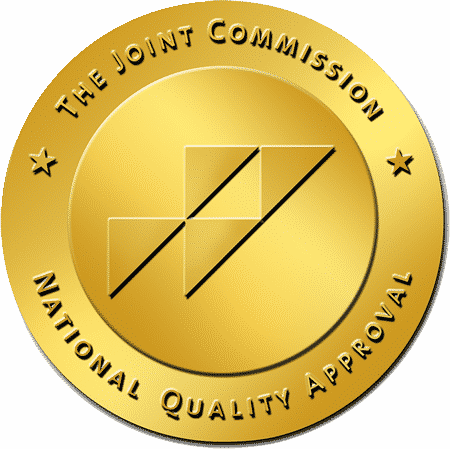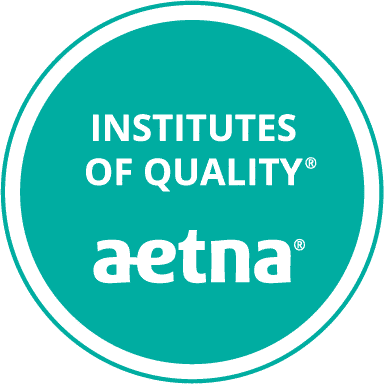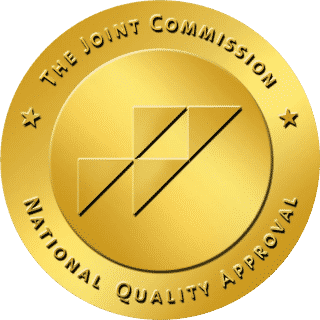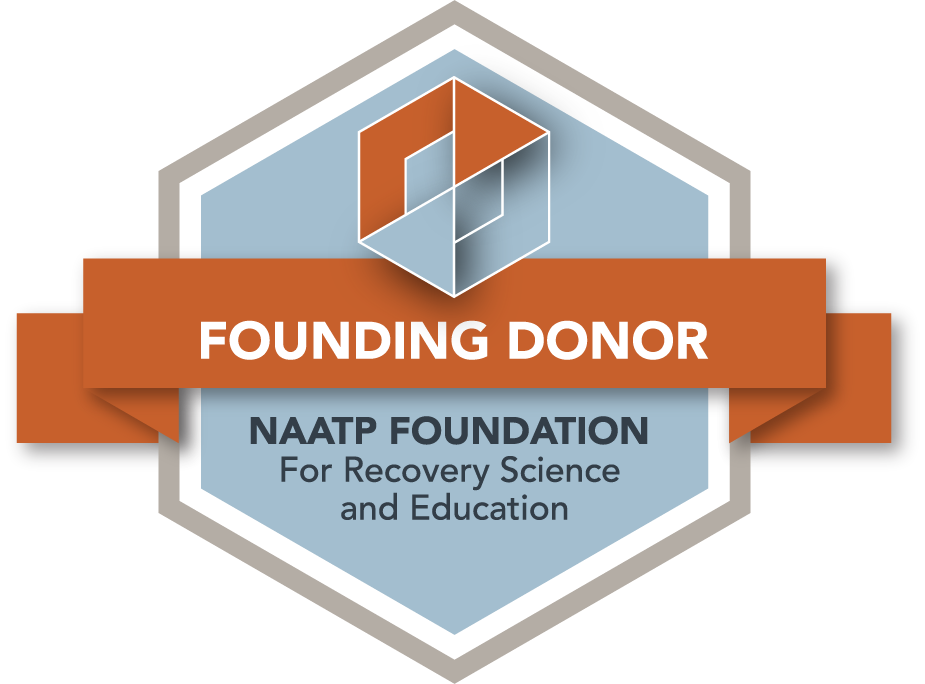| Last Friday, President Obama signed S. 524, the Comprehensive Addiction and Recovery Act of 2016 (CARA), into law. The staff of La Hacienda has been active for several years urging our Texas lawmakers to support this important legislation. Although the President and others have expressed disappointment that funding requirements were not included in all aspects of the bill, we know passing important legislation is sometimes a multi-step (and often slow) process and we are excited this BIG step has been accomplished. As someone once said, “Advocacy is like baseball. It’s a slow game.” There will be more work to do to ensure the needed funding comes through, and we will work to make that happen.
*CARA addresses six pillars of a comprehensive response to addiction: prevention, treatment, recovery support, criminal justice reform, overdose reversal, and law enforcement. CARA includes:
• Treatment – Addiction as a disease with individualized treatment and follow-up with each patient including $160 million in treatment programs, expansion of Medication Assisted Treatment, and specialized programs for pregnant and postpartum women, veterans and youth.
• Funding – $192 million in new resources to supplement the $7.65 billion sought in continued funding.
• Prevention – Includes education efforts, community-based prevention and supports Drug-Free Communities and a critical awareness campaign.
• Recovery – Creates a new recovery program to provide robust recovery services in local communities as well as recovery supports for communities, schools and higher education in comprehensive programs nationwide.
;
• Overdose Reversal – Expands the availability of naloxone to law enforcement agencies and other first responders to help in the reversal of overdoses to save lives.
• Access to Treatment – Expands quality treatment capability through the Evidence-Based Opioid and Heroin Treatment Pilot, the Opioid Use Disorder Treatment Expansion and Modernization Act, and expands access to Medication Assisted Treatment by giving prescribing authority to Nurse Practitioners and Physicians Assistants nationwide.
• Law Enforcement – Expands overdose reversal capacity and training for law enforcement, resources to better divert individuals with Substance Use Disorders away from the criminal justice system, and assistance with disposal sites for unwanted prescription medications.
• Criminal Justice Reform – Helps treat individuals with Substance Use Disorders in communities and treatment systems.
*Information obtained from www.naatp.org.
|

